DOE recently honored two EM employees with major awards for their superior performance in 2022.

Bechtel National Inc. has selected Senior Vice President Brian Hartman as the new project director for the Waste Treatment and Immobilization Plant (WTP) at the Hanford Site.
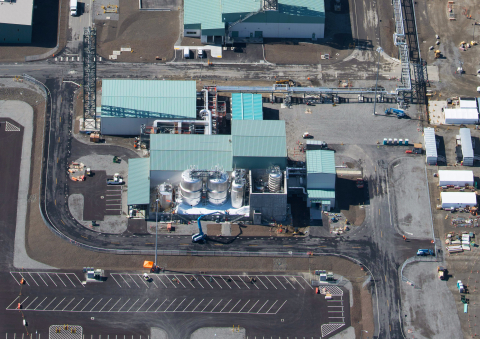
A new $30 million investment by EM will fund research and technology development led by DOE’s national laboratories aimed at better addressing tank waste at the Hanford Site.
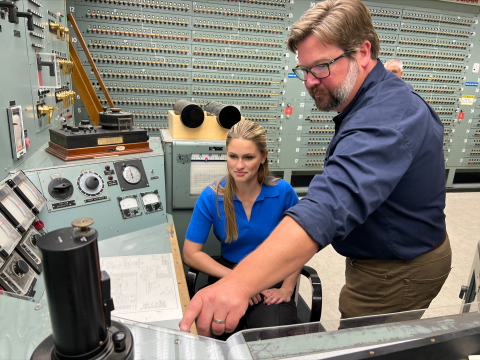
EM’s Office of River Protection and contractor Washington River Protection Solutions recently hosted a high-profile advocate for science, technology, engineering and math (STEM) education.
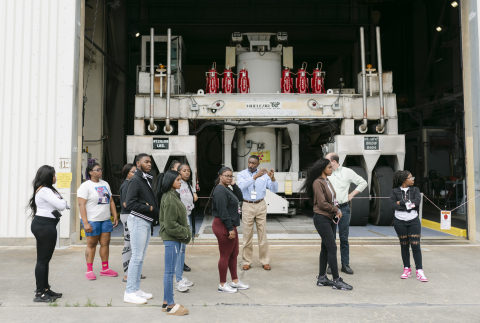
Students from Claflin University in Orangeburg, South Carolina, recently toured EM’s Savannah River Site (SRS) to learn about the array of occupations and operations across the 310-square-mile environmental reservation.
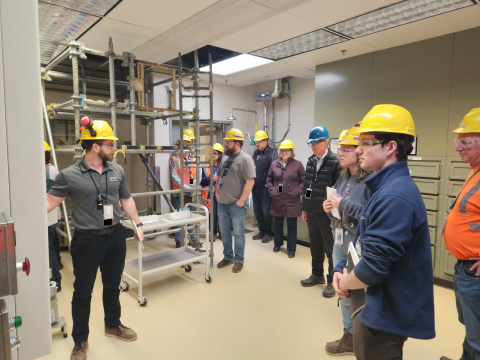
A team at the Waste Treatment and Immobilization Plant (WTP) at the Hanford Site recently tested the plant’s autosampling system, capping off an effort to address technical challenges affecting system reliability.
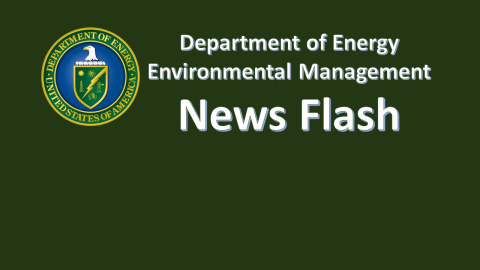
The Integrated Waste Treatment Unit has progressed to treating sodium-bearing waste entirely, the next step in efficiently removing remaining liquid radioactive waste from nearby Cold War-era underground tanks and closing them to protect the environment.

EM released its Strategic Vision 2023-2033, a blueprint to the program’s anticipated cleanup achievements over the next decade.
Since the launch of operations just over a month ago, the Integrated Waste Treatment Unit (IWTU) has increased sodium-bearing waste treatment fivefold, a crucial step in removing remaining liquid waste from nearby underground tanks.
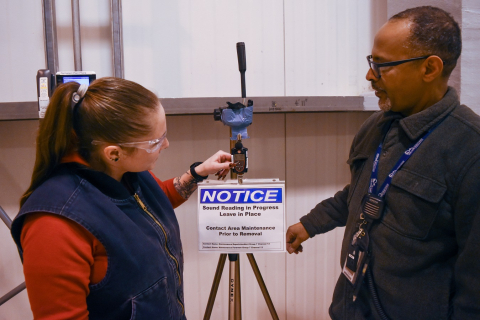
Sound testing kicked off recently at the Hanford Site’s Waste Treatment and Immobilization Plant as team members measured ambient sound levels throughout the plant’s facilities.

